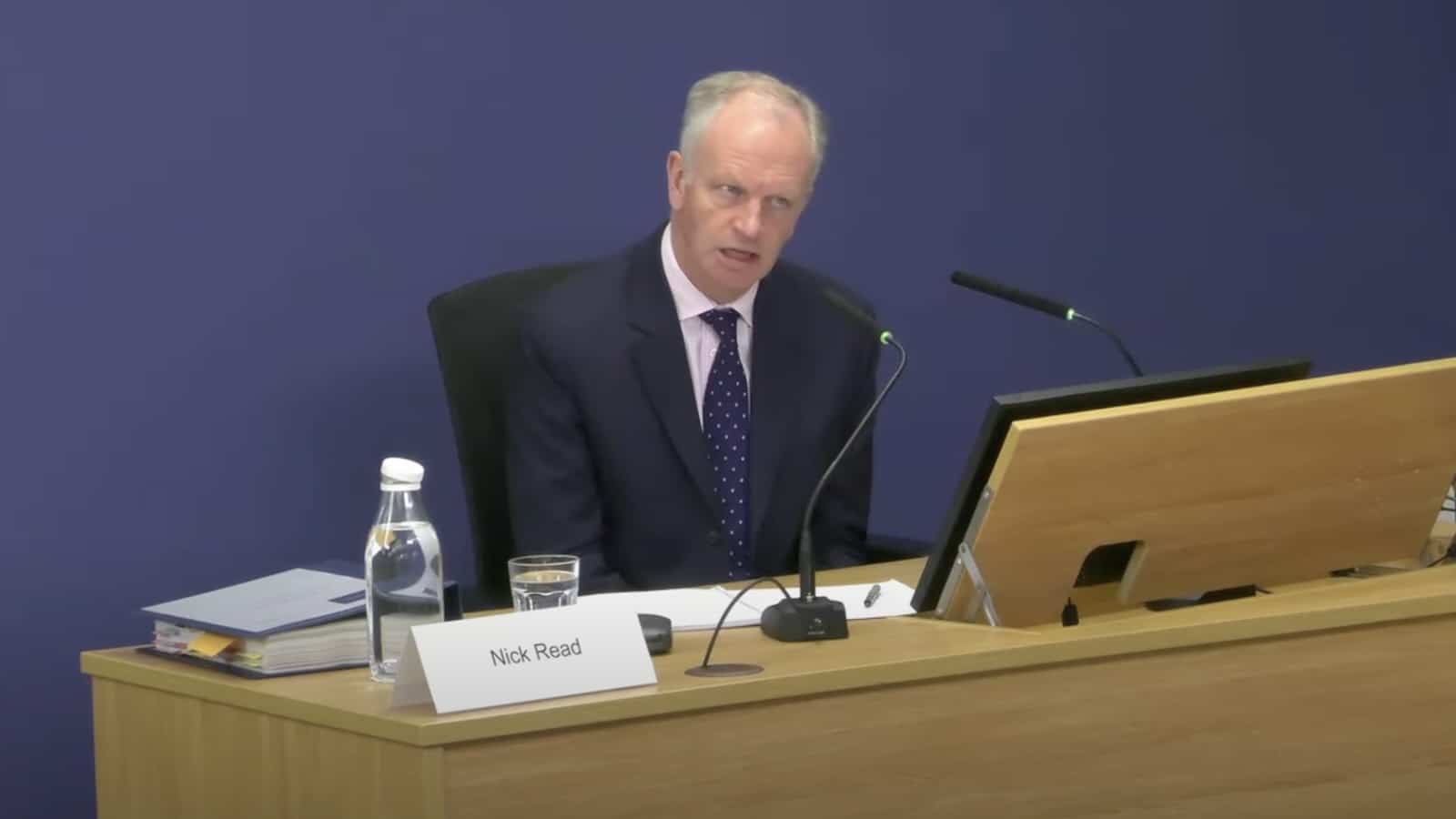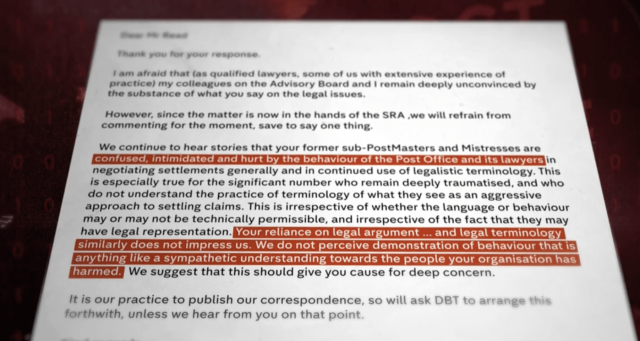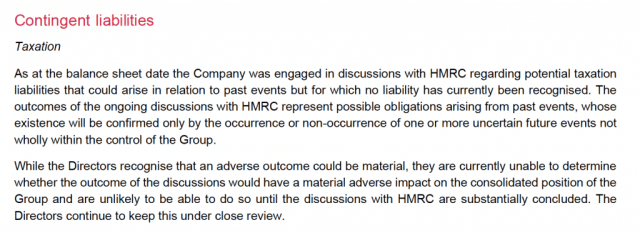The Post Office recklessly published the names and addresses of 550 wrongfully convicted postmasters. But it takes a very different attitude to its own data privacy, running frivolous GDPR arguments to cover up its corporate failings.
This is how the Post Office protected the data privacy of the 550 wrongfully convicted postmasters:

But the Post Office was extremely protective of data privacy when I asked it how many personnel had been working on sorting out the tax mess it created for thousands of postmasters.
The Post Office took months to fix that mess and send out letters and “top-up” payments to postmasters… a task that a small team of competent accountants could have accomplished in weeks. That meant thousands of postmasters had to complete tax returns, and pay tax, entirely unnecessarily.
This was the Post Office’s reply to me:

That’s nonsensical: knowing the number of staff cannot lead to identification of the individuals. I asked the Post Office for a review, and said that if they disagreed they needed to explain how such an identification could be made.
The review just came back (delayed by months) and taking an entirely different line:

They claim that the number of people working on a project is “personal data” because it “relates to” the individuals:

That is a frivolous reading of the legislation. Almost everything to do with an organisation “relates to” the people who work there – that doesn’t mean that almost everything is “personal data”. It’s only if the information relates to and concerns an identifiable individual – that’s clear on general rules of legal interpretation, and basic common sense. It’s also clear in the Information Commissioner’s guidance.
The legislation tells us that the key question is: can the individual be identified, directly or indirectly:

And the obvious is that, even if the answer is that only one person was on the project, that answer wouldn’t able their identification.
When we first revealed that the Post Office had failed to do as it promised, and help the postmasters resolve the Post Office’s tax mess, there was a flurry of internal Post Office communications. Not to fix the problem, or work out what had gone wrong, but to manage the PR.
It’s pretty obvious that’s the real reason the Post Office refuses to tell me how many people were trying to fix its tax mess. The Post Office knows it insufficiently staffed the project, and is covering that up.
We’ll be referring this to the Information Commissioner’s Office.
Photo by Markus Spiske on Unsplash








Leave a Reply to Rod Hewitt Cancel reply